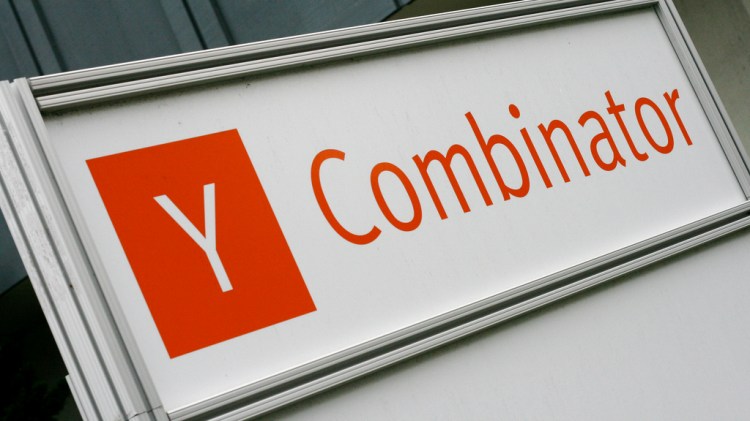A couple of weeks ago, Y Combinator’s (YC) Summer 2014 participants presented to a room filled with investors, press, and the likes in the hopes of attracting investors and continuing their entrepreneurial journeys with the cash they need. This is pretty much how YC has operated since its inception.
With that said, YC president Sam Altman has announced new changes in how investors will interact with YC’s startups — in the hopes of addressing a few fairness issues.
For one, it’s changing the timeline for YC partners investing in company. Previously, partners could start investing once a company had raised $300,000 or three weeks after Demo Day, in order to reduce signaling (that is, suggesting to other investors that a company is hot if YC partners are jumping on it). But apparently that wasn’t enough.
Now partners can only participate either as part of a “Series A” (the “real funding” once a startup has raised its initial funding) or after a certain amount of time after Demo Day. Although hasn’t been decided yet, this time period will likely be much more than three weeks. Bear in mind that a growing amount of YC startups are seeded before they even start YC (see case of Product Hunt) or even further along (see case of Quora, although this was considered an anomaly).
YC Summer 2014 used this rule, and Altman says it worked out well, so he’s keeping it. But he adds:
We will continue to make exceptions to the investing rules when a company is running out of money and about to die, but we think they are good and no one else wants to invest. We may make other exceptions, which uninvolved partners will approve on a case-by-case basis.
YC’s second change is more or less about playing favorites: YC’s relationship with investors has gone through several iterations over the years (the now-defunct Start Fund, formal limited-partner relationships, informal ones too, and so on). Even during this past session, select investors basically got to “hang out” — helping participants practice their pitching — with the startups before they officially presented to everyone, as we previously reported. While no one will really what kind of advantages that brings, if any, we know that this and other extra close relationships and practices YC has, seem to have rubbed some investors the wrong way.
So YC has created a new email list for investors to hopefully level the playing field. The rules:
5 total investments in YC companies of any size or 2 big ones, a positive reputation among our alumni, and no history of bad behavior like breaking term sheets without great cause, pressuring founders into advisor shares in addition to an investment alongside others in a round, etc.
YC will still make special intros in some cases, especially for newer investors who haven’t yet joined the list. Naturally, making an exception here then brings up the question of where or when else will YC make another exception. (Let’s give it the benefit of the doubt for now.)
Altman says these changes “should address all of the issues around investing we’re currently aware of at YC.” But I can’t help but to think about the ever-widening spectrum of companies going through YC and whether these tweaks will really be effective. As mentioned, more and more startups are already established by the time they participate, so YC making investor intros is not as important — Helion Technologies already had Mithril Capital, co-founded by Peter Thiel, in the bank, Product Hunt closed its star-studded round before the program started, and so on.
This sort of seems like an attempt to put a lid on the increasing competition for access to YC startups, which are getting buzz on independently from YC … and screwing up the plan.


